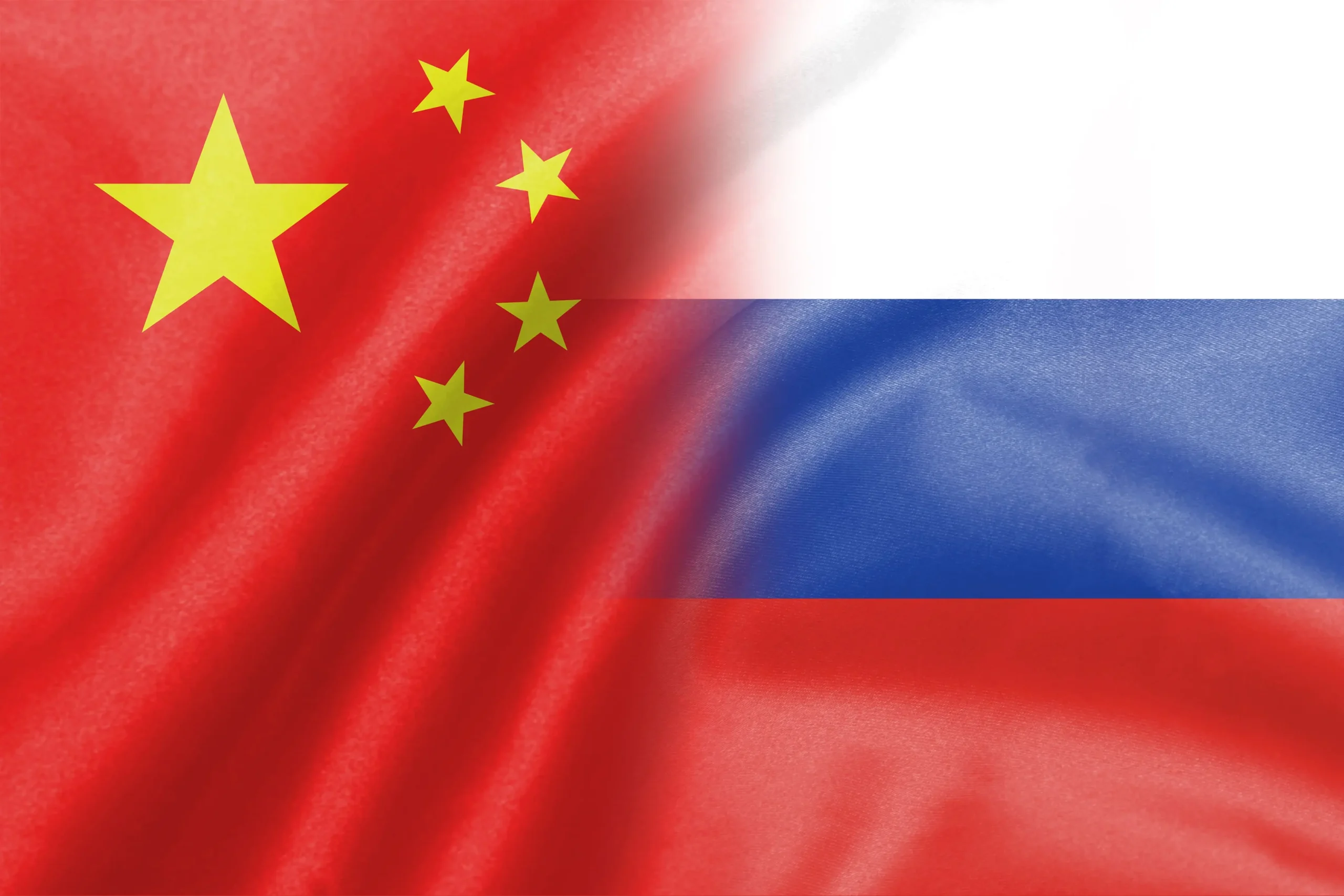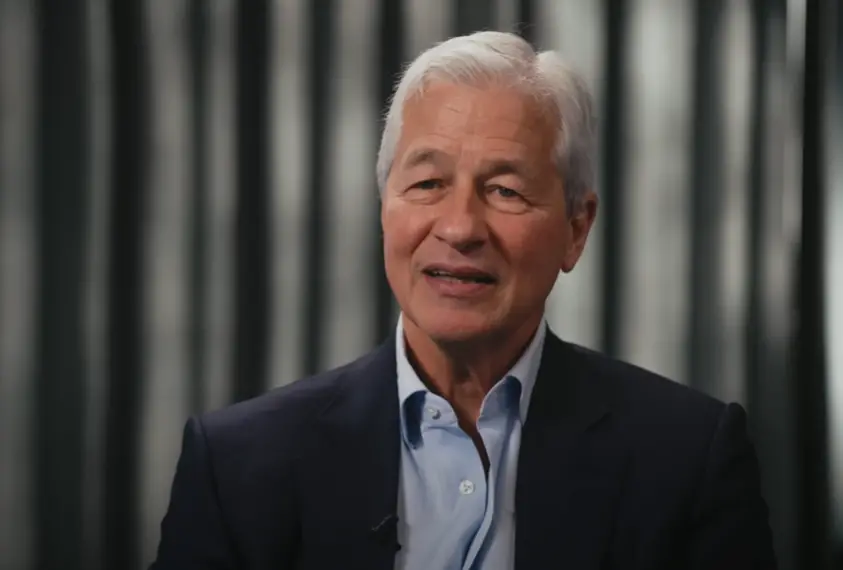According to reports from Russia’s Izvestia news outlet, three of China’s leading state banks have ceased transactions with sanctioned Russian financial institutions. Alexey Poroshin, General Director of First Group JSC, revealed to Izvestia that the Industrial and Commercial Bank of China, China Construction Bank, and Bank of China have ceased these transactions since the onset of 2024.
Although the Chinese banks officially notified their Russian clients of this decision in January, the underlying issues trace back to December, following the imposition of the European Union’s 12th sanctions package against Russia. Additionally, in December, the United States authorized secondary sanctions targeting financial entities facilitating Russia’s evasion of sanctions.
The tightening of compliance measures by Chinese banks concerning dealings with Russian businesses stems from their apprehension about becoming entangled in the increasingly stringent sanctions regime imposed by the West on Russia due to its invasion of Ukraine.
Poroshin highlighted to Izvestia that Chinese banks are now hesitant to engage with sanctioned entities, citing the substantial trade balance disparity between the United States and China compared to that of China and Russia.
As Russia’s economy continues to demonstrate resilience even two years post its Ukraine invasion, Western nations have escalated sanctions, especially considering Russia’s pivot towards Eastern markets, notably China and India.
Notably, Russian international trade entities have become more reliant on Chinese institutions and the Chinese yuan, particularly following the withdrawal of some Russian banks from the SWIFT global financial-messaging system.
Consequently, the West is pursuing strategies to undermine Russia’s economy by targeting international entities still conducting business with the country.
Acknowledging the challenges with Chinese bank transactions, Kremlin spokesperson Dmitry Peskov mentioned earlier this month that authorities are actively addressing these issues with Beijing.










Leave a Reply